Sustainable wellbeing and green living
Let's find ways to Flourish!
Start a new family tradition with the Christmas Bird Count!
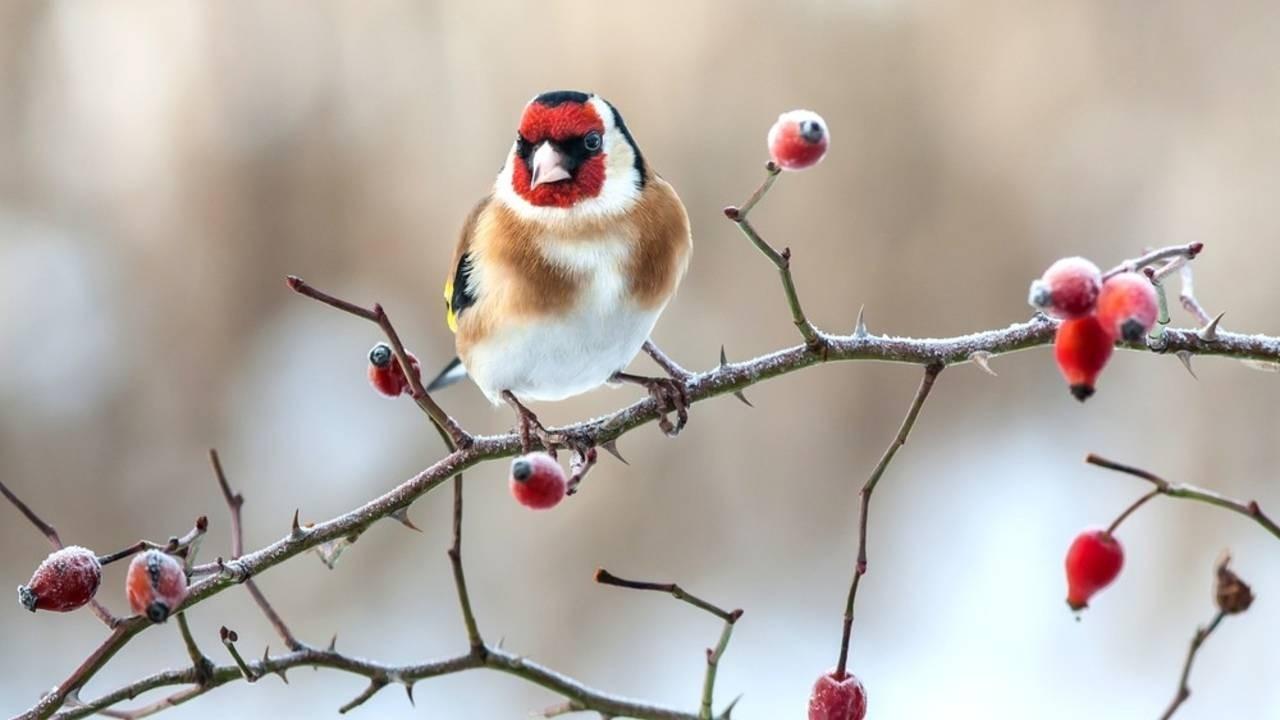
Around this time of year, many of us take part in traditions that bring us closer together and signal the start of the holiday season. Whether these traditions are unique to your family, workplace, community, or county, they have a way of bringing cheer and making this time of year special. Maybe this holiday season is the right time to add a new tradition to your list! The National Audubon Society hosts a Christmas Bird Count every year which can always use new volunteers!
This is Citizen Science!
It is a great way to spend time outdoors and contribute to citizen science - where everyday citizens can contribute their time and efforts to collecting information about the natural world. What a fun way to enhance your walk or family adventure by gathering information, contributing to research, and advancing science! The Christmas Bird Count is just such a program, and a really fun way to engage with birds during the winter.
The Christmas Bird Count is an early-winter bird census that p...
Finding our way with humane technology

I’m sure for many of us it is difficult to imagine our lives without technology. More specifically, technological devices that connect us to the internet such as cell phones, laptops, gaming systems, computers, and tablets can often seem like lifelines. If you’ve ever caught yourself thinking “wow, what would I do without the internet?” you’re not alone.
It really does come in handy when you need to find a substitute ingredient when cooking or baking, get directions, want to learn more about a subject or topic you are interested in, and so much more. This very blog post wouldn’t be accessible without technology! So, there is no denying that technology is useful and can improve the quality of one’s life.

However, in many ways the internet is quite unregulated and can end up being harmful. Unfortunately, consumer technology is created in a way that doesn’t actually have the consumer's best interests at heart. This is what the Centre for Humane Technology wants to fix.
The Centre for...
How to become a master composter
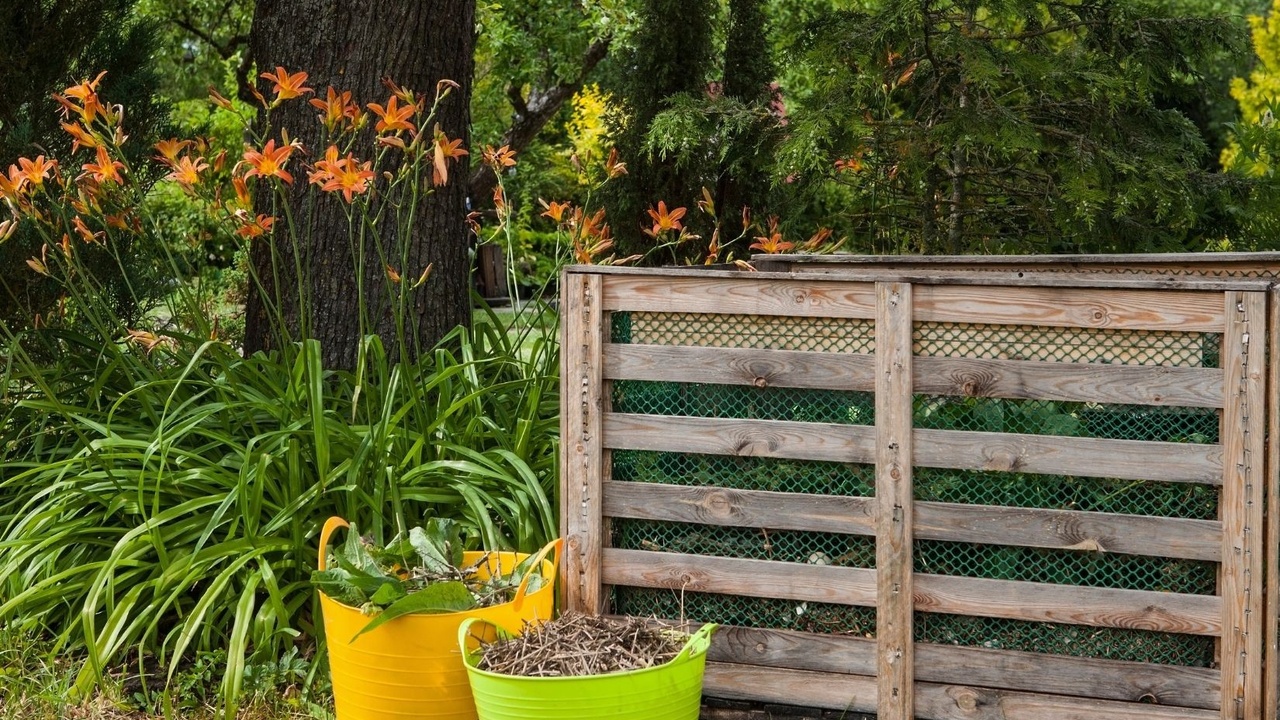
Composting is one of the most effective ways to keep household waste out of the landfill and create nutritious soil for your garden. Whether it be food scraps such as peels and stems or yard waste like grass clippings and fallen leaves, almost all organic material waste from your home can end up in your compost.
When organic material decomposes in landfills, methane gas is released due to lack of oxygen present during decomposition. Methane is a greenhouse gas that contributes to climate change, so limiting the amount released is important. In a compost pile or a vermicompost bin, plenty of oxygen is introduced and materials can break down without the production of methane. If none of this is news to you, or if you are excited to learn more, becoming a Master Composter might be for you!
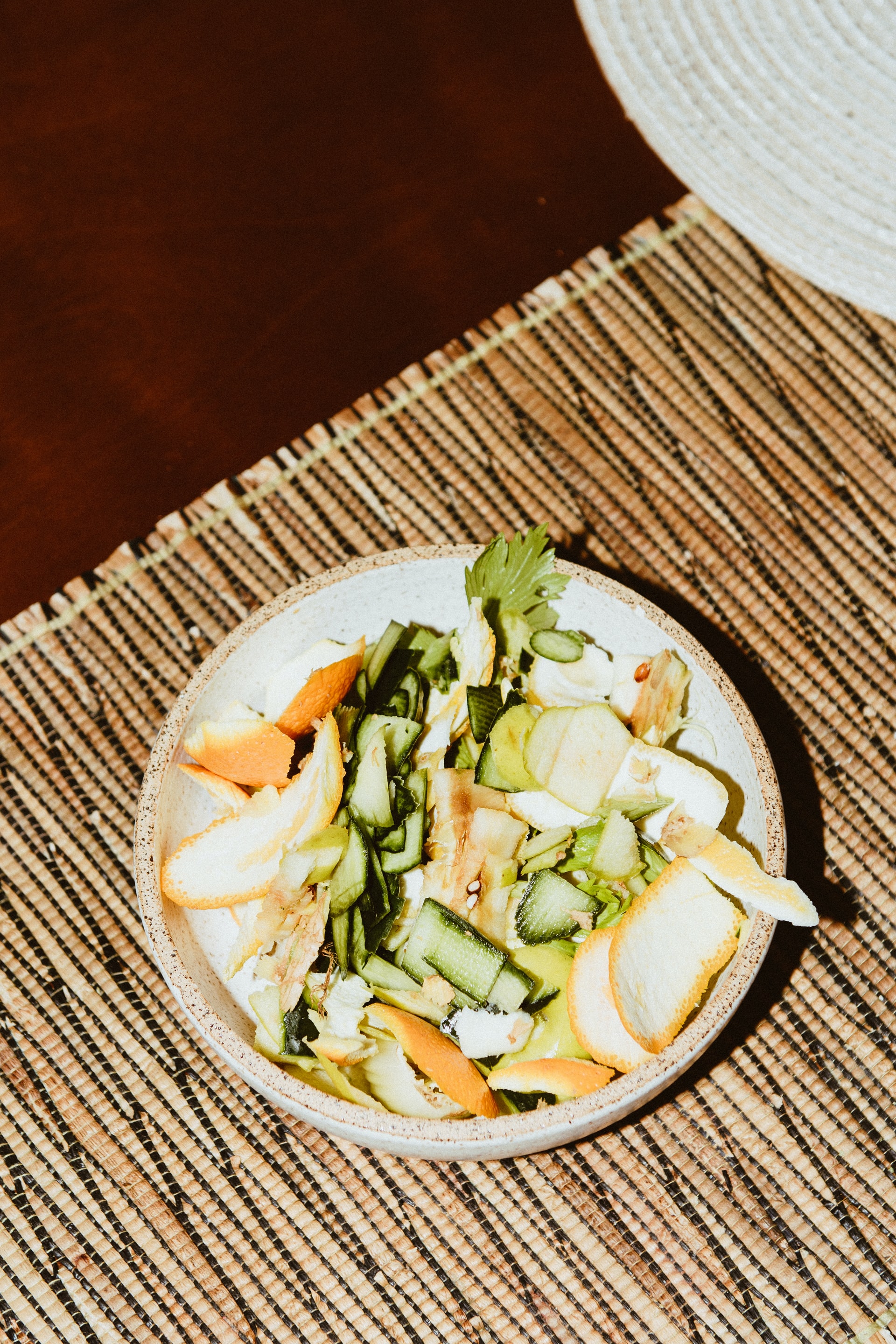
What is a Master Composter program?
Master Composter programs are programs that are set up to help you have all the tools that you need to be extremely successful in your composting projects and,...
Better seafood choices are within reach
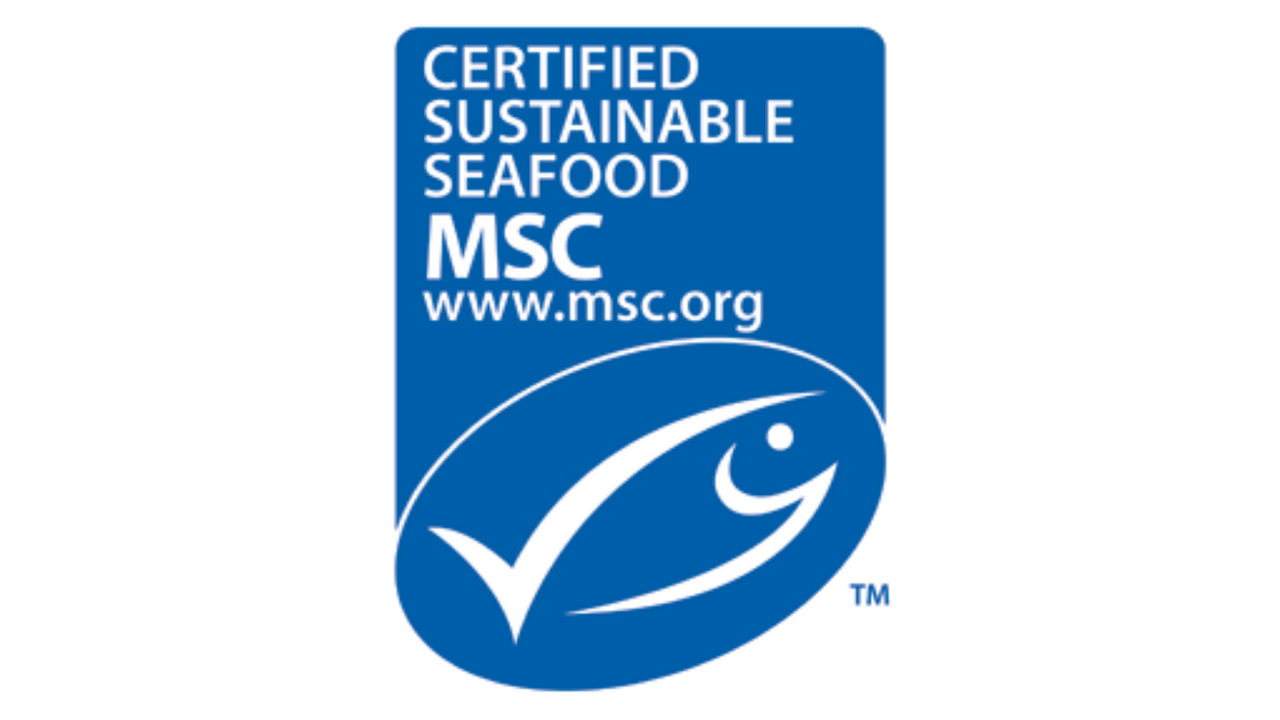
It is no secret that the food we consume helps to determine our environmental impact. On some level, we know this is the case. However, it can be easy to overlook and misunderstand the exact environmental impacts of our food. This is because we are so removed from the production, processing, and transportation processes that bring our food from farm or sea to our dinner tables.
The truth is, that many of us are quite unaware of the impacts our food has on the environment throughout multiple stages in what can be a complex food supply chain. This lack of knowledge may lead us to make incorrect judgments about the sustainability of our food choices.
For example, many people choose to eat fish and other seafood as an environmentally friendly alternative to meat such as chicken, beef, and pork.
Is seafood sustainable?
It is true that seafood has a smaller carbon footprint than other meat. This is because wild-caught fish feed in the wild, and don’t require land or fresh water, and are ...
For the love of Trails!
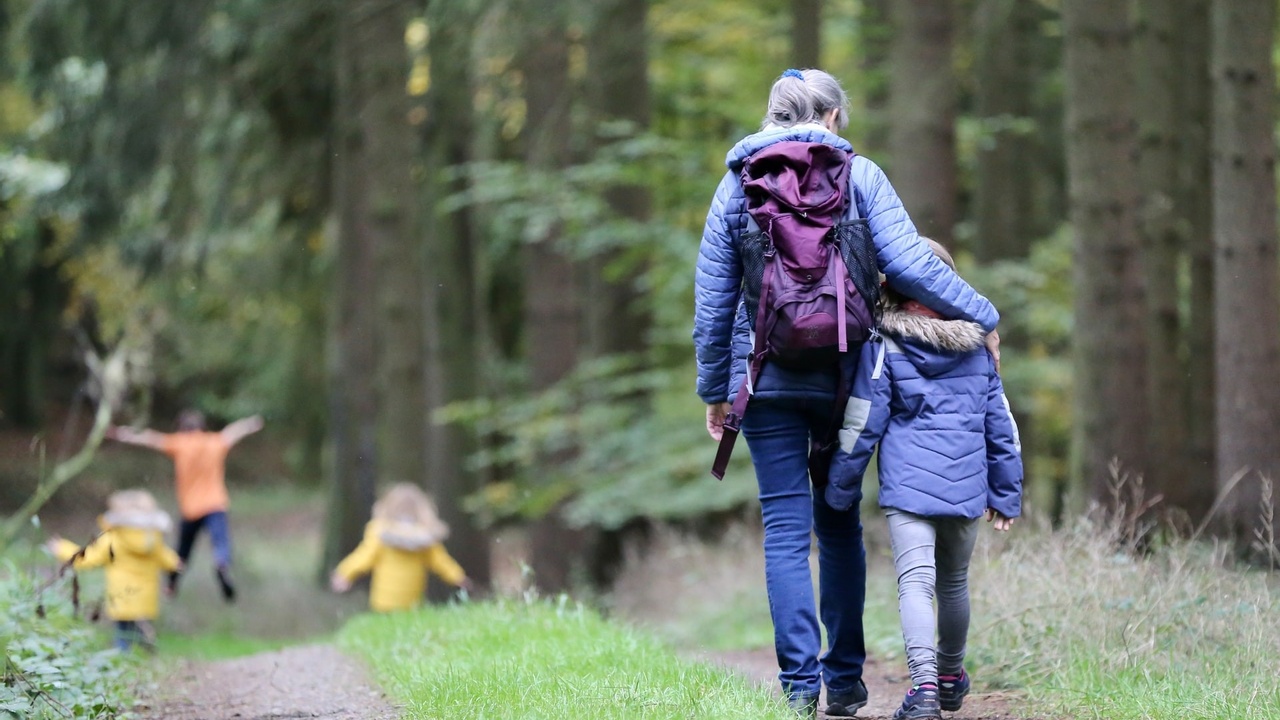
Do you love to spend time outdoors like I do? Are you new to outdoor recreation but appreciate the great opportunities that you are finding in your city or state or province? During the COVID-19 pandemic, people have become reliant on outdoor recreation as a way to interact with our loved ones in a safe manner, get a change of scenery, and stay physically active more than ever before. And this is great! People are discovering or rediscovering their love of the outdoors and getting physically active in nature, which is great for our bodies and for connecting us to nature. And, where there is an outdoor recreational trail, there is also likely a local trail association!
While people are engaging in all kinds of outdoor activities, you may have noticed that some designated walking trails have become substantially busier during the pandemic. It’s no surprise, considering that trails can be used for a number of great recreational activities such as walking or hiking, biking and skiing or e...
How to raise young environmentalists: Scouts and Girl Guides
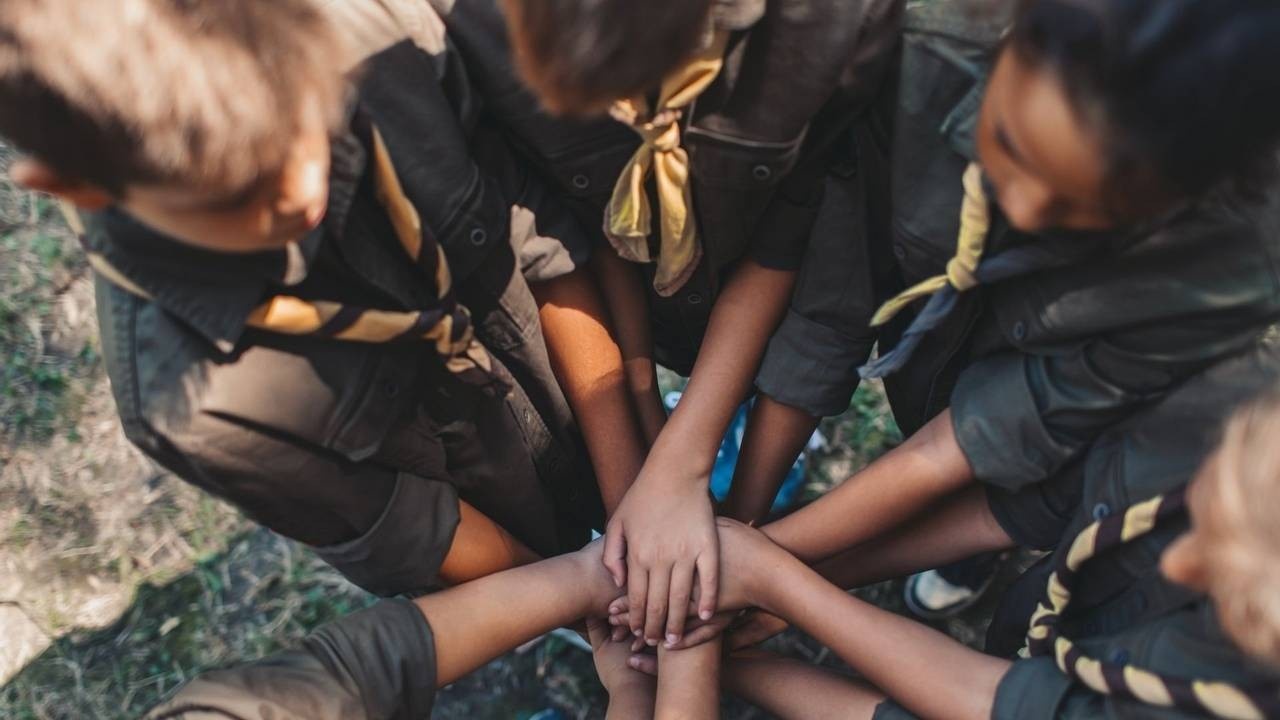
In order to address the issue of climate change, one thing the world needs is for the children of today to be the strong environmental advocates of the future. In fact, why not encourage our children to be environmentalists right now?
After all, climate activists such as Greta Thunberg have proven that young people do care about the environment and are able to contribute to the search for climate change solutions!
Now, how exactly do we raise young environmentalists?
Of course, it is important to educate children about the environmental issues we are currently facing, but doom and gloom isn’t actually the way to go when it comes to encouraging a love and passion for nature!
The key is to foster an emotional connection between children and the environment. Research has shown that compassionate concern for the natural world comes from early contact with nature, empathy for other living creatures, and a sense of fascination and wonder associated with natural elements or environments....
Little Free Libraries Build Community
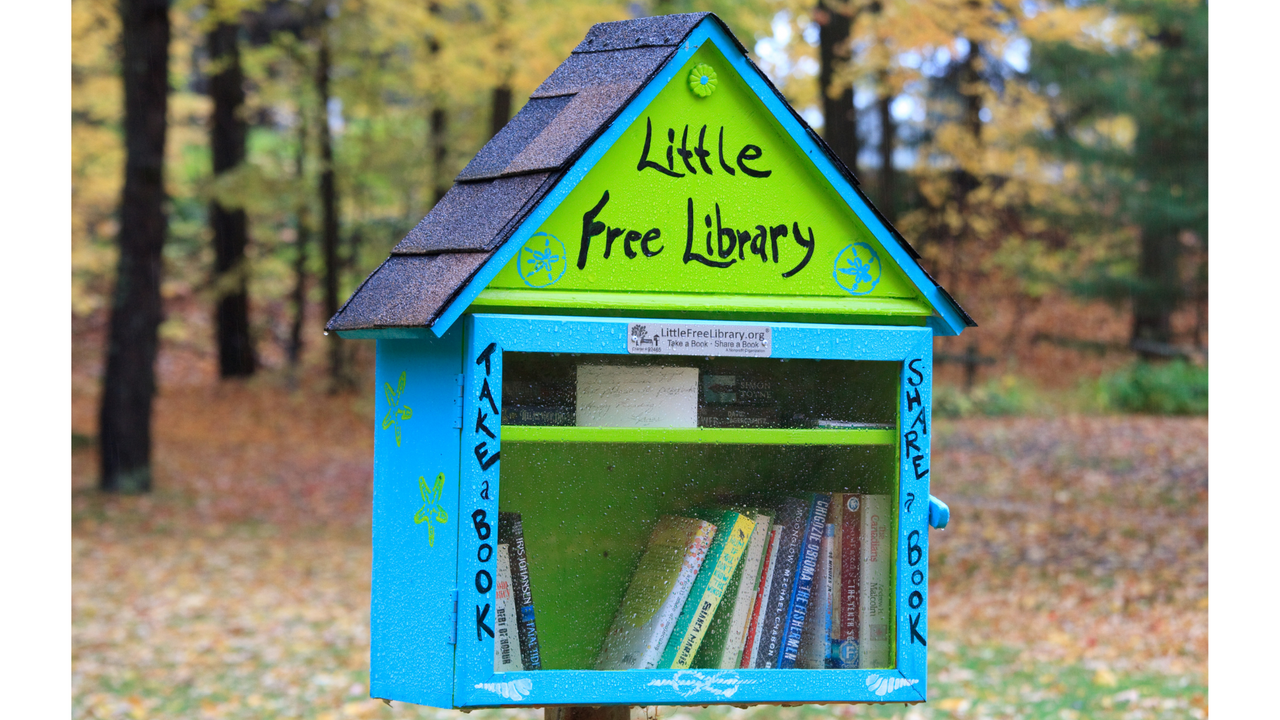
Are you looking to pick up a couple new books this summer? Before you head to the bookstore and buy something new, keep an eye out for Little Free Libraries in your neighbourhood! Little Free Libraries are collections of books which are housed in public bookcases. You may find these bookcases in public spaces such as parks or outside commercial buildings, or even in your neighbours’ yards.
There’s a chance you may have come across these unique structures in the past. Perhaps you have been unsure about how they work or if the contents of the bookcase are actually free to take. After all, if you are not too familiar with the concept it can feel quite strange to grab a book without signing it out or paying. Rest assured, these public bookcases are filled with books that are completely free to take – no strings attached!
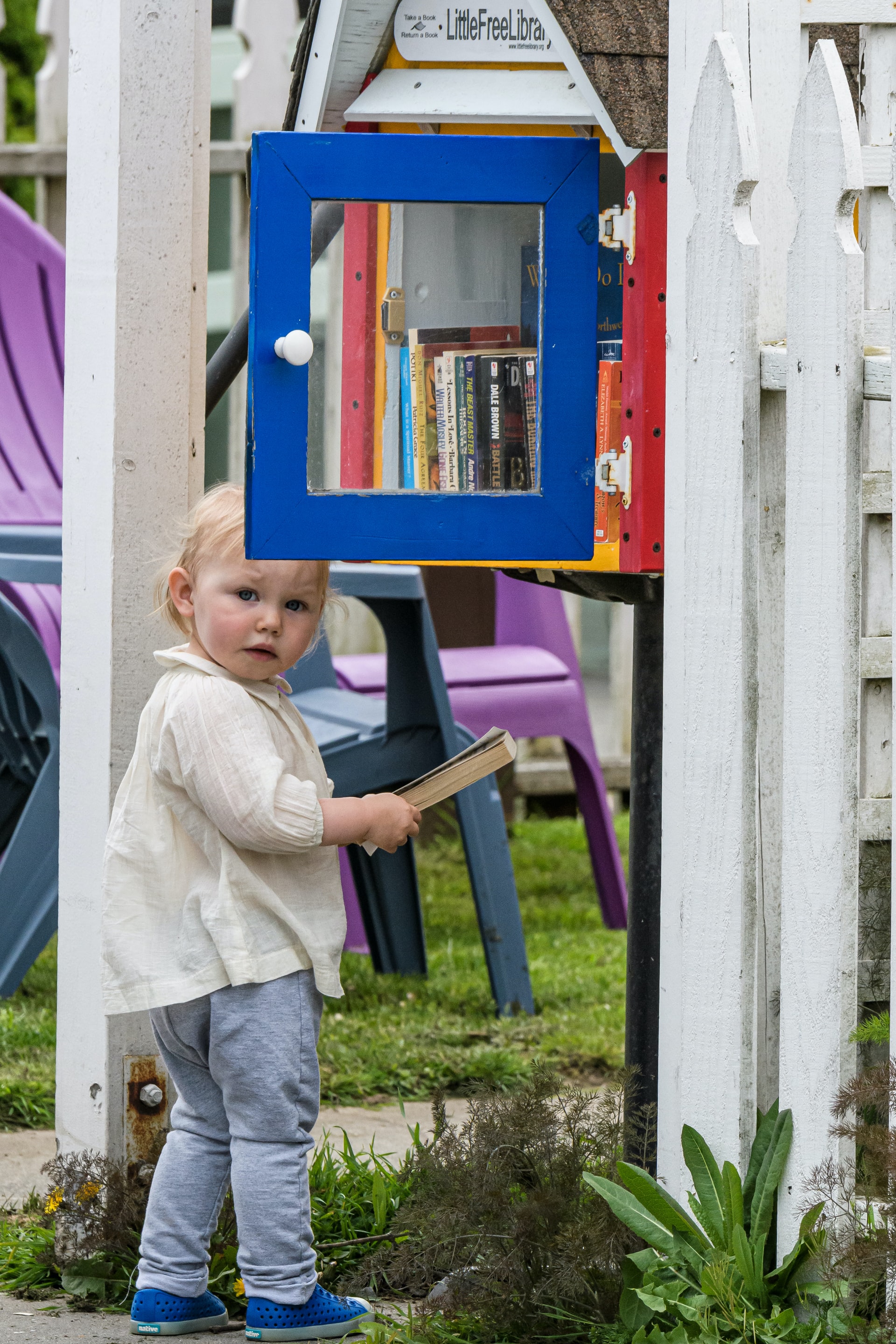
While some public bookcases may be unmarked and unaffiliated with any organization, bookcases which are branded as Little Free Libraries are registered with the Little...
Makerspaces: Where DIY meets education

Have you ever heard of a makerspace? You might be able to guess what a makerspace is based on its name…essentially, it’s a space where people can create and make things! More specifically, a makerspace is a collaborative space where people can gather to get creative with DIY or tech projects, and share ideas, tools and resources.
If you are someone who enjoys working with your hands and collaborating with others, a makerspace might just be what you are looking for! Makerspaces are quite unique, meaning that the projects and tools found within them can differ from space to space in order to meet the needs of the community. For example, some makerspaces include activities such as coding or robot building, while others focus on woodworking, inventing, and crafting.

Makerspaces can occur in a variety of places. For example, you might be able to find one at your local library, community centre, in elementary schools, or even within your own home!
How did makerspaces come to be?
Makers...
Learning about nature - in nature!
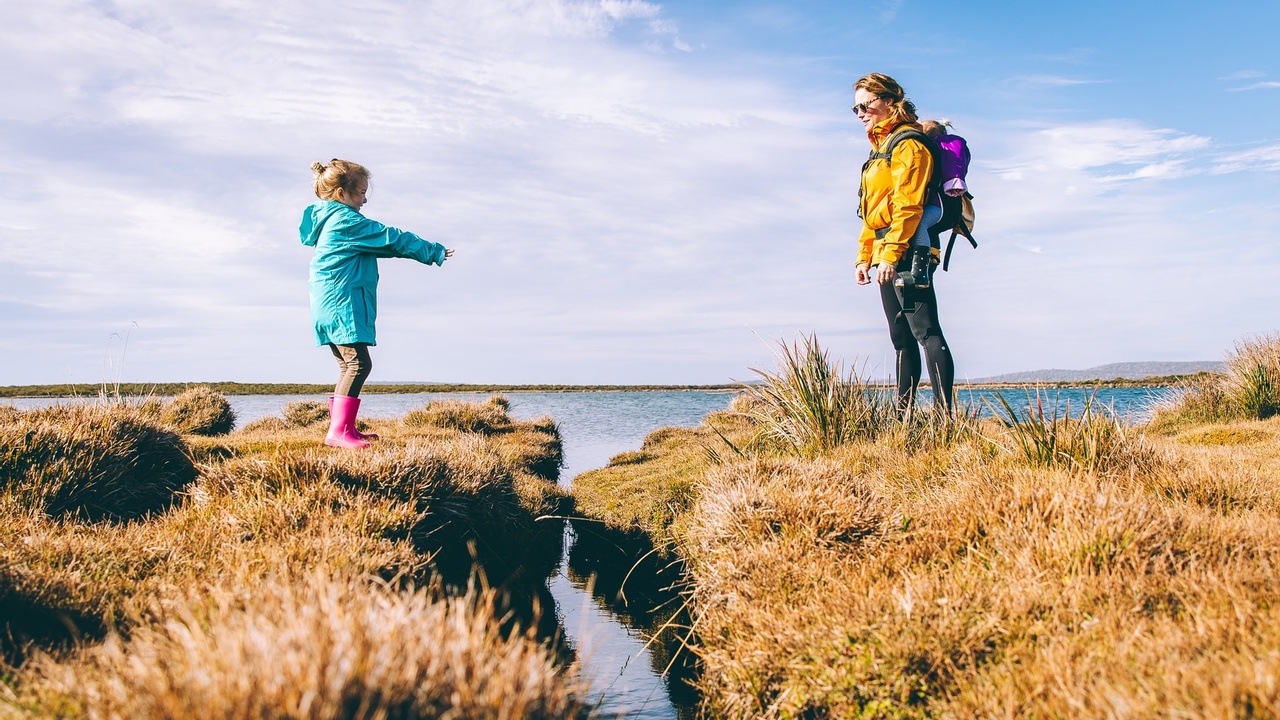
Education is one of the most important tools when it comes to protecting the environment and ensuring the health of our planet for future generations. After all, how can we care for the environment if we don’t understand how various environmental components work together to create a well-functioning ecosystem?
As David Attenborough said, “No one will protect what they don’t care about; and no one will care about what they have never experienced.”
Luckily, we have environmental education centres to help facilitate environmental learning for children and adults alike.
Nature education centres bring people together to share memorable experiences and build sustainable relationships with nature as well as each other. These centres provide the public with nature-based programming, outdoor recreation activities, facilities for environmental education, and ample opportunities to engage with the environment and learn something new!
Now, what kinds of nature education centres are out there? ...
Coffee chat and repair? The rise of Repair Cafés

Image Sourced from: Repair Café
When it comes to dealing with broken appliances, furniture, technology, clothing, bicycles, and more, it can be expensive to get these items repaired professionally. Sometimes you might feel that you should simply dispose of your broken item and buy a new one. However, this endless cycle of buying and replacing doesn’t benefit the environment. It also can end up costing you more in the long run.
You might have also noticed that repair shops seem to be disappearing. For example, it’s not that common to come across shoe repair shops anymore despite the fact that we obviously all still wear shoes! This means that it is much more common to throw out a pair of shoes once you’ve worn out the soles instead of simply getting the soles replaced. With the combination of decreased repair shops and an increase in consumer culture, this leaves people with few opportunities to repair and reuse their items.
Enter a new wave of resources to help you learn how to repa...

